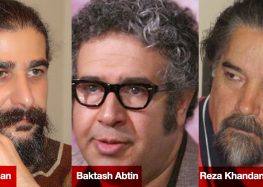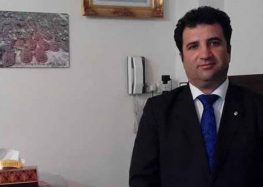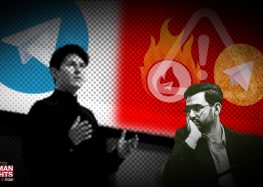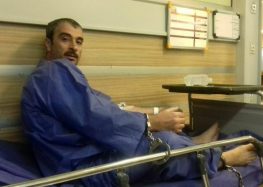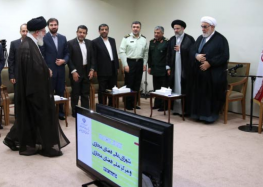Hardline Clerics Stop Screening of Film on Shia Religious Figure
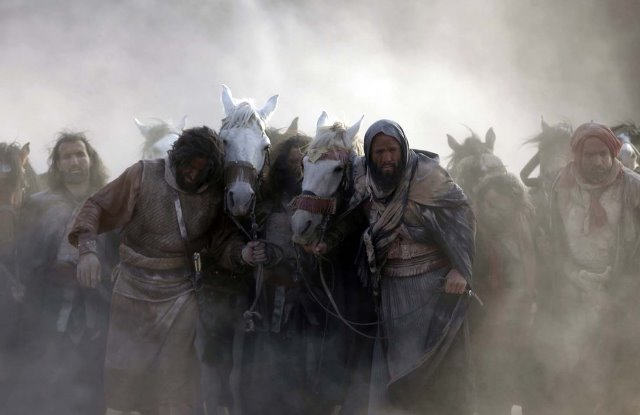 Even Religious Topics Do Not Escape Hand of Censorship in Iran
Even Religious Topics Do Not Escape Hand of Censorship in Iran
A highly anticipated award-winning film about the revered 7th century Shia religious figure, Imam Hossein, has been pulled from cinemas across Iran on the first day of its screening following criticism by conservative religious leaders.
“Out of respect for great religious leaders and distinguished religious scholars, the screening of Rastakhiz (“Resurrection”) will be postponed until the approval of honorable religious leaders is obtained,” the Cinema Organization announced in a statement.
The film’s director, Ahmad Reza Darvish, maintains that he has had the support of senior religious leaders throughout the production process.
“As far as I’m aware as the director, this film has been made in accordance with the views of religious leaders, during the research phase when it received permission for production, and during the making of the film,” Darvish told ISNA, the official Iranian Students’ News Agency. “Even before public screening, when the film was being revised, representatives of some honorable religious leaders were present and some of them praised the filmmakers.”
Rastakhiz is a religious feature film set in 7th century Iraq that tells the story of the Ashura revolt, when Hossein, the Prophet Mohammad’s grandson and the third Imam of Shia Muslims, fought against the ruling caliph and died in an unequal battle near Karbala. The event is remembered every year in emotional ceremonies by Shia Muslims.
After winning several awards at the Fajr International Film Festival in Tehran in 2014, Rastakhiz caught the attention of the conservative religious establishment which criticized it on religious grounds, especially for the depiction of Imam Hossein’s uncle Abolfazl al-Abbas. According to Shia theology, reproducing the face of the Imams and their family members is forbidden.
The producers cut out 40 minutes of the film to placate opponents before the public screening. Yet on its opening day on July 15, a group of protesters gathered in front of the Ministry of Culture and Islamic Guidance, waving banners and shouting slogans against the film. Some of them went to the Shekoofeh Cinema on Shohada Square to stop the screening. There were also reports that the protesters got into a confrontation with Ministry officials.
“If this film did not have approval from senior religious leaders then the Guidance Ministry would never have given a permit for its production,” Darvish told ISNA. “Therefore all the steps have been taken and all permits were issued. But the Guidance Ministry was forced to stop the film a few hours after it was supposed to be screened.”
Reza Mirkarimi, the head of the independent film organization Cinema House, criticized the stoppage of the film and called on its opponents to avoid “irrational extremist views” and take into consideration changes in the new version of the film.
Religious leaders who have expressed opposition to the film include Ayatollah Makarem Shirazi and Ayatollah Alavi Gorgani. “I took a position against this film before but no one paid attention. Therefore it is not appropriate to show this film,” Gorgani wrote in a letter published on July 13.
On the website for Rastakhiz, the producers quote the late founder of the Islamic Republic Ayatollah Khomeini, who stated that acting the role of Shia Imams and their family members is permitted during religious ceremonies if they are treated with respect. The website noted that Iran’s Supreme Leader Ayatollah Khamenei has also issued a similar view.

